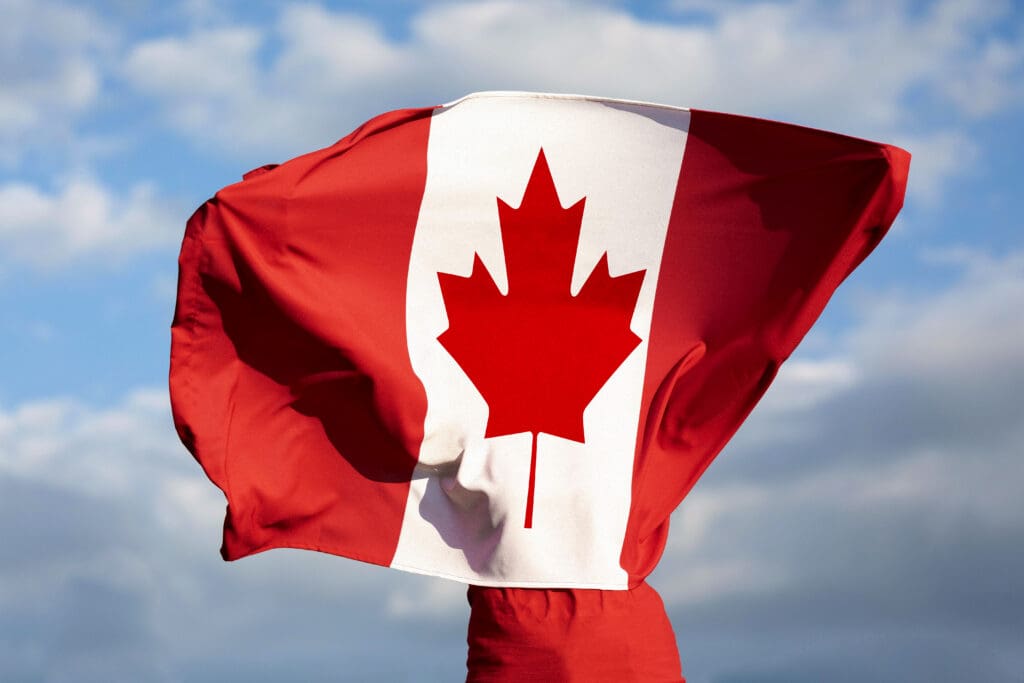Comprehensive Guide to Partner Visa for Canada: Bringing Loved Ones Together
Canada’s commitment to keeping families together is epitomized by the Canadian Partner Visa for Canada Program. For both Canadian citizens and permanent residents, sponsoring a spouse, common-law partner, or conjugal partner involves a meticulous process. This guide will thoroughly explore the program, covering eligibility criteria, the application process, and all pertinent details.
Understanding Partner Visa for Canada Eligibility
Conditions for Sponsors: Sponsoring a partner involves specific eligibility criteria to ensure sponsors can adequately support their loved ones. Sponsors must be at least 18 years old, commit to returning to Canada if their partner becomes a permanent resident, and be financially capable of providing for their partner’s basic needs for three years.
Sponsorship Classes: Inland vs. Outland
Inland Sponsorship: This option is recommended when sponsors reside in Canada. It requires a valid immigration status and offers the flexibility to apply for an open work permit, providing additional options during the application process.
Outland Sponsorship: Designed for partners residing outside Canada, this option allows sponsors to stay in Canada during the application process. Additionally, it provides the opportunity for the sponsored partner to obtain a temporary visa.
Timeline and Costs of Partner Visa for Canada
Processing Time: While the average processing time is around 12 months, this duration can vary based on the complexity of the case, emphasizing the importance of thorough preparation.
Government Processing Fees: Understanding the financial commitment is crucial. Fees include a $75 sponsorship fee, a $490 processing fee for principal applicants, a $515 right to permanent residence fee, and an $85 fee for biometrics. The total cost is $1,165, with an additional $310 CAD for Quebec residents.
Common-law and Conjugal Sponsorship: Unveiling Distinctions
Common-law Sponsorship: This option requires proof of cohabitation in a marriage-like relationship for over 12 months, demonstrating a substantial and committed connection.
Conjugal Sponsorship: Designed for situations where marriage or cohabitation is not feasible, this option necessitates a conjugal relationship for at least one year, recognizing unique circumstances.
Ongoing Obligations of Sponsors: Sponsors commit to providing financial support for three years. It is imperative to verify the partner’s financial independence, and sponsors are responsible for reimbursing any government assistance received during the sponsorship period, emphasizing the long-term commitment.
Job Requirements and Language Proficiency
Job Requirement: While there is no minimum income requirement, sponsors must sign an undertaking agreement, ensuring they can meet their partner’s basic financial needs.
Language Proficiency: Proficiency in English or French is not initially required. However, if Canadian citizenship is pursued later, the sponsored partner may need to take a language proficiency test, underlining the importance of language skills in the integration process.
Dealing with Medical Conditions: The processing of sponsorship applications generally proceeds smoothly unless the partner’s medical condition poses a threat to public health or safety, emphasizing the significance of ensuring the partner’s well-being.
Application Process and Documentation
Required Documents: A comprehensive set of documents is required, including completed forms, proof of Canadian status, identity documents, marriage certificates, police and medical certificates, and more.
Common-law Relationship Proof: For common-law sponsorship, evidence of shared property, joint accounts, bills, and identification cards is crucial. This detailed proof emphasizes the seriousness of the commitment.
Interviews and Refusals
Interviews: While rare, interviews may occur in cases of insufficient documentation or contradictory information, underscoring the importance of thorough and consistent evidence.
Refusals: In the event of a refusal, reapplication is possible, provided the reasons for the initial refusal are addressed. This underlines the need for careful consideration and presentation of all required information.
Leaving Canada During Processing: Rules regarding leaving Canada during processing vary for Inland and Outland sponsorships, adding complexity to an already intricate process. Navigating these rules requires careful planning and adherence to regulations.
Conclusion
Sponsoring a spouse, common-law partner, or conjugal partner to Canada is a significant undertaking, and a thorough understanding of eligibility criteria, documentation requirements, and ongoing obligations is essential for a successful application. The Canadian Partner Visa for Canada Program is designed to unite families, and careful preparation and compliance with guidelines contribute to a smoother process. For more detailed assistance and information, feel free to contact us.


